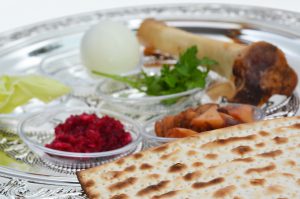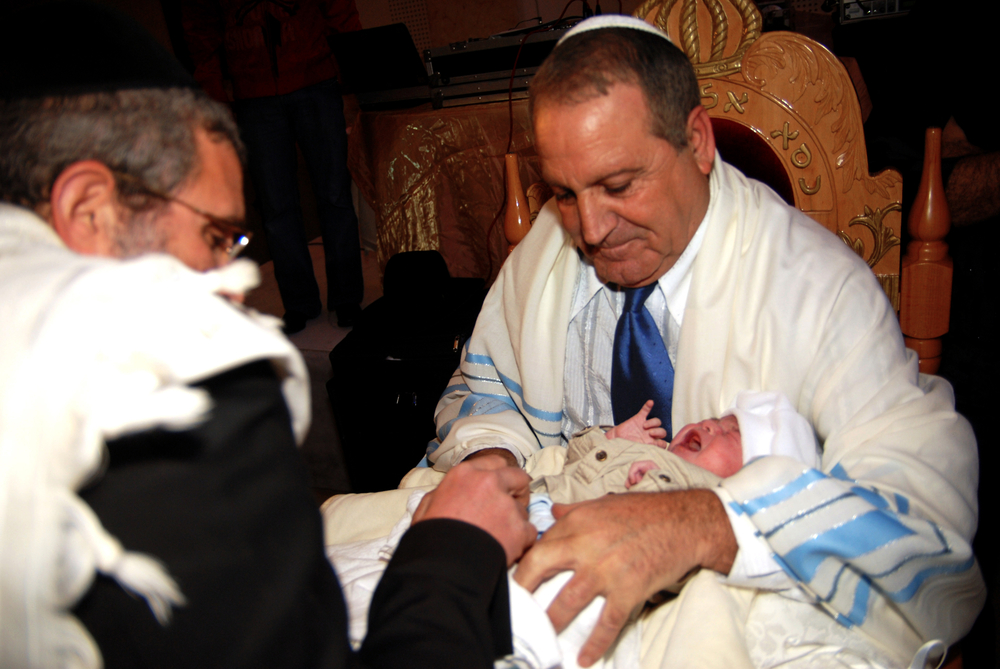Ask the Rabbi with Rabbi Chaim Mintz
I heard that we are supposed to taste the Shabbat food before Shabbat. What is the reason for this, and does the Rabbi taste his?
Rabbi Chaim Mintz responds:
Tasting the Shabbat Food – The Source
I certainly try to taste the Shabbat food! The Mishnah Berurah (250:2) writes that there is a mitzvah on Erev Shabbat (Shabbat Eve) to taste each dish that will be served on Shabbat. He adds that this is alluded to in the phrase we say in the Shabbat Mussaf prayer,“To’ameha chaim zachu—Those who taste [Shabbat] will merit life.”
Practically Speaking
On a practical level, tasting the Shabbat food helps ensure it is flavorful and properly seasoned, allowing us to honor and enjoy Shabbat to the best of our ability.
The Deeper Message of Tasting the Shabbat Food
On a deeper level, it reminds us of the true “tasting” we are supposed to be doing in preparation for Shabbat—“tasting” our actions and making sure they are perfectly refined.
The Four Favorable Moments of Repentance
This is done particularly before Shabbat, because this is an auspicious time for teshuvah (repentance). While teshuvah is wonderful at any time, the Shelah Hakadosh teaches that there are four intervals at which it is particularly appropriate: daily, weekly, monthly, and yearly.
Every night before we go to bed is an opportune time to reflect on the events of the day and consider whether there is anything in need of improvement.
Erev Rosh Chodesh, the last day of each month, is a time to repent for the sins of the previous month. In fact, in some communities there is a custom to treat the day as a “mini-Yom Kippur,” during which some fast or recite special prayers of repentance.
Of course, Yom Kippur is the day on which we repent for any sins performed during the entire year.
The Weekly Auspicious Moment: Erev Shabbat
This brings us to Erev Shabbat. Shabbat is the holiest day on the Jewish calendar, as we say in the Friday night prayers, “Vekidashto mikol hazemanim—You sanctified [Shabbat] above all times.” It’s the day Hashem (God) comes to rest His presence in our midst, and we must prepare ourselves both physically and spiritually for His arrival. If our souls are tainted by sin, we will be unable to connect fully to our distinguished Guest. Therefore, we should make every effort to purify ourselves and do teshuvah on Erev Shabbat, enabling us to gain all that we can from this special day.
Other Mitzvot that Reflect this Theme
This theme is also reflected in other mitzvot performed on Erev Shabbat. The Shulchan Aruch (Orach Chaim 260:1, 262:2) teaches that it is a mitzvah to bathe and wear nice clothes for Shabbat. Although the primary reason is to honor Shabbat with a clean body and fine clothing, there is a deeper idea as well. A clean body represents a clean soul, and cleaning ourselves reminds us to cleanse our souls as well. Fresh, fine Shabbat clothes make us feel special, like the princes and princesses we truly are. And when we feel like royalty, we are more likely to conduct ourselves in a lofty manner befitting our noble status.
Clothing in the Torah also represent middot (character traits), and when we are dressed in our Shabbat finery, we feel the urge to correct our character flaws in honor of our exalted Guest.
Remembering What’s Truly Important
So as we make our physical preparations to honor the Shabbat, let’s not lose sight of our ever-important spiritual preparations: ensuring that our hearts and minds are free from impurities, and truly ready to welcome the holiness of Shabbat.
In short: There is a mitzvah to taste the Shabbat food on Erev Shabbat to ensure it is tasty and properly spiced. On a deeper level, it serves as a reminder to “taste” our actions and do teshuvah in preparation for Shabbat.
Have another question to ask a rabbi? You can ask Rabbi Mintz your own question at asktherabbi@oorah.org, or head to oorah.org/asktherabbi/ to watch the latest Q&As or join Ask the Rabbi Live, Tuesdays at 9PM ET.


